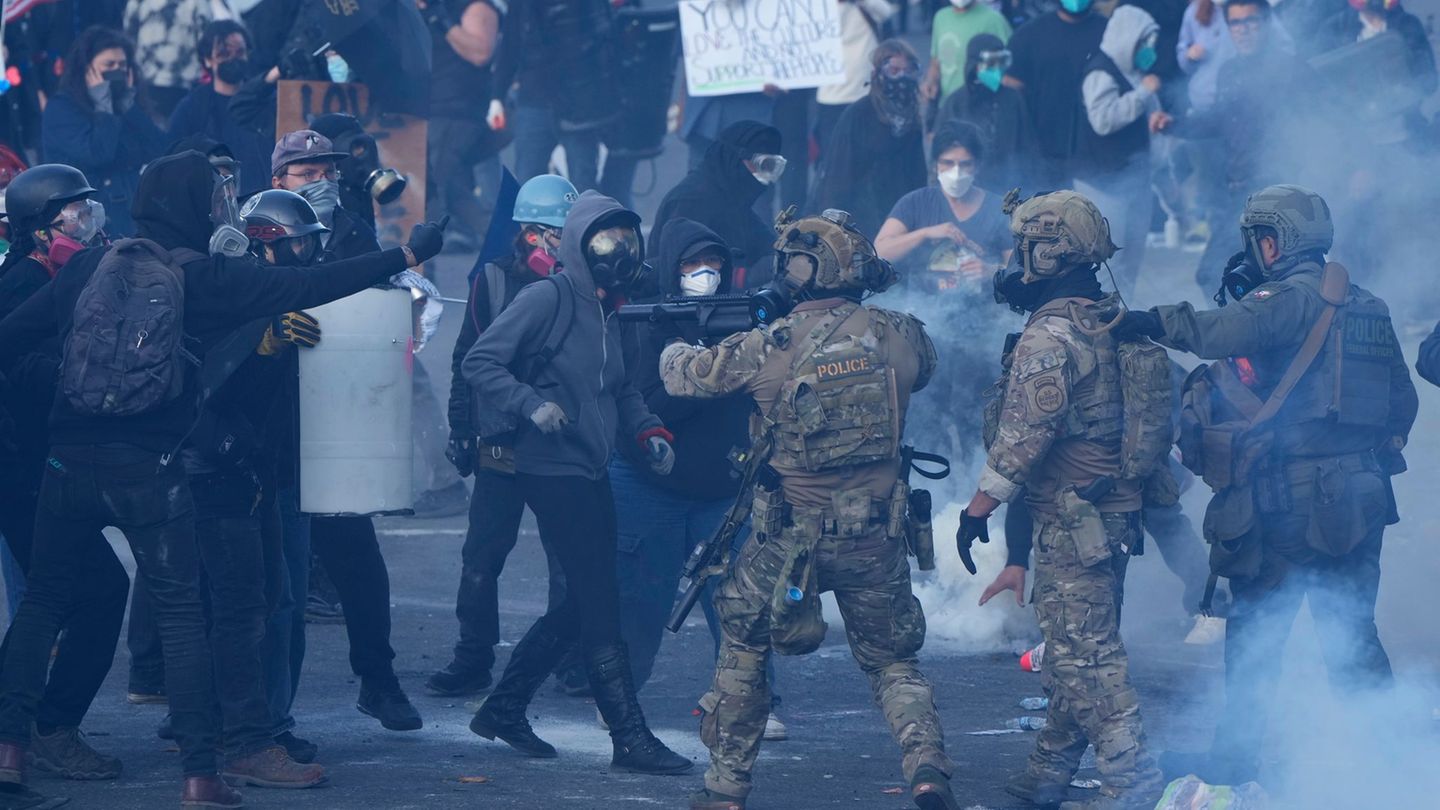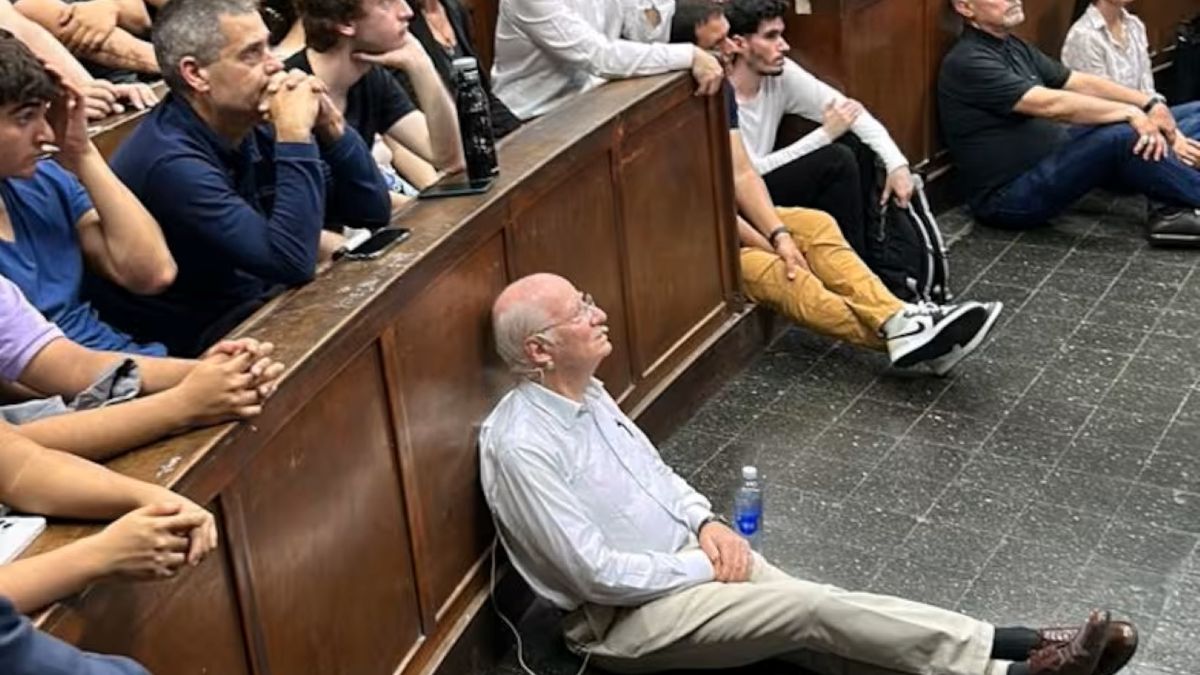Image: Wodicka
A decision (9 Bs 7/23g) rejected the extradition of a 54-year-old living in Styria who, according to the findings of the US judicial authority DEA and the local Federal Criminal Police Office, belonged to an international drug cartel operating from the USA and Colombia should. He is said to have stashed more than 100 kilograms of heroin in a warehouse in Graz.
The Montenegrin native was arrested in Styria on April 15, 2021, based on a request from the US Department of Justice and an arrest warrant from a New York federal district court. An extradition request was also sent via the US embassy in Vienna, and in the first instance the judiciary also declared extradition to the USA to be permissible. However, the Viennese lawyer Philipp Wolm, who specializes in detention law, lodged a complaint against this – and was now right by the Higher Regional Court of Graz. The extradition of the alleged drug dealer was declared inadmissible, the extradition detention lifted and the release of the 54-year-old ordered.
After the announcement of this decision, the man was able to briefly hug his family, but was not released. The public prosecutor’s office in Graz is also conducting proceedings against him, which is why he was immediately transferred from extradition to pre-trial detention.
According to the DEA, the drug gang, whose European branch the 54-year-old is said to have belonged to since autumn 2020, deals in excess amounts of cocaine and heroin. In October 2019, the DEA confiscated 850 kilograms of cocaine in banana crates in the Colombian port of Turbo. In February 2020, cocaine was seized in the Italian port of Gioia Tauro, which was to be transported to Koper in Slovenia. The DEA then carried out undercover investigations, which revealed that the gang apparently had stored large quantities of heroin in Austria.
The undercover investigators then tracked down several members of the organization living in Austria, pretended to be interested in drugs and pretended to be negotiating the purchase of heroin. They came across the 54-year-old and two other suspects who were registered in Vienna and who sometimes commuted back and forth between the federal capital and South America for the purpose of drug deals. The 54-year-old is described in the detention decision of the Graz regional court for criminal matters as a “responsible member of the criminal organization in Austria”, which is likely to be characterized by mafia-like structures. Elsewhere it is noted that the gang is geared towards committing “serious criminal acts” and strives to “corrupt or intimidate others or to shield themselves in a special way from law enforcement measures”.
In December 2020, four packages containing two kilograms of heroin with a purity of 43 percent were handed over to the undercover DEA investigators at Graz Airport. At the beginning of February 2021, according to the surveys, the 54-year-old initially offered a further 200 kilograms, although he is said to have assured that 100 kilos would be available immediately because they were in a warehouse in Graz. On February 10, 2021, the 54-year-old handed over a sample of 28.3 grams in Graz. At another meeting in March, it was specifically agreed to hand over 135 kilos at a sales price of 19,000 euros per kilo. At the last meeting, the DEA officials apparently even produced a suitcase containing 2.6 million euros in cash, whereupon two delivery dates were set in the last week of April. This did not happen anymore, the 54-year-old was arrested and further search measures were initiated.
The Graz Higher Regional Court rejected the extradition of the 54-year-old, who had not been found guilty in Austria, because domestic proceedings were being conducted against him and an assignment of the investigations to the USA would be tantamount to an unacceptably worse position for the accused: for the offenses he is accused of, in Germany a maximum of 15 years, but in the USA life imprisonment. In addition, the Higher Regional Court of Graz based its decision on the fundamental right to respect for family life (Article 8 of the ECHR). The man has been married for 20 years, has a two-year-old son and, despite his Montenegrin origins, has “profound family roots” in Styria, according to the Higher Regional Court.
It is very rare for an extradition request to be denied to the United States. According to an APA request from the Department of Justice, the US authorities ask for the arrest and transfer of a suspect of a crime for the purpose of criminal prosecution on average four times a year. On average, only one such request is denied.
Source: Nachrichten




